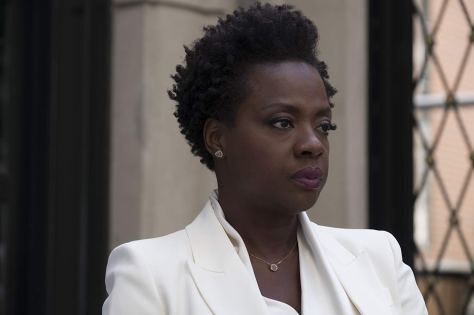Coming 6 years after the surprise breakout hit Wreck-It Ralph, Ralph Breaks the Internet reunites us with the titular video game character (John C. Reilly) and his best friend Vanellope von Schweetz (Sarah Silverman). When the steering wheel for Vanellope’s Sugar Rush game breaks, the two must go online and traverse the World Wide Web in order to track down the hard-to-find replacement part. During their journeys, they run into various citizens of the digital world, including the head of a popular video site called BuzzzTube (Taraji P. Henson) and the head racer of a video game called Slaughter Race (Gal Gadot).
Walt Disney Animation Studios isn’t typically known for their sequels (this is their first since Fantasia 2000) and given how strong their track record has been since Wreck-It Ralph‘s release, it’s difficult not to feel a bit disappointed by this film. Compared to recent releases like Frozen, Zootopia, and Moana, Ralph Breaks the Internet isn’t up to par in terms of narrative quality and seems like it’s destined to have less staying power in the long run. Sure, kids may be excited to see the overall-wearing oaf once again but if you ask them 5 years from now whether they’d like to watch Wreck-It Ralph 1 or 2, I doubt anyone would be adamant about this particular entry.
Naturally, the most memorable aspect of this movie is the digital depiction of the Internet as a physical world in which avatars of human web surfers zip around from one website to another. This setting is filled with personifications of online scenarios we encounter everyday; for example, a character named KnowsMore (voiced by Alan Tudyk) exemplifies a search engine whose autofill function is humorously over-aggressive. The film’s funniest sequence finds Vanellope in Oh My Disney, a place for all things Disney in which she meets all of the famous Disney Princesses and they cleverly dissect the tropes associated with their characters.
Besides this stand-out setpiece, which was already spoiled thoroughly in the film’s trailer, there aren’t nearly enough subversive touches or tongue-in-cheek laughs to keep the comedic side of the story afloat. The script, penned by co-director Phil Johnston and Pamela Ribon, is packed with contrivances that pull our lead characters from one location to the next but the narrative begins to feel laborious by the third act. This is a screenplay that desperately could have used either some trimming or some “punch-up” (dialogue re-written for comedic emphasis) to make the plot-heavy elements a bit more palatable.
Despite the lack of humor, this movie has a worthwhile message for kids about friendship and allowing best friends to find their own path while still maintaining a relationship with them. Compared to last year’s abysmal The Emoji Movie, another animated film filled with product placement that attempts to create a digital version of the World Wide Web, Ralph Breaks the Internet clearly has the moral high ground. Unfortunately, it seems the creators couldn’t quite re-capture the spark and spontaneity of its predecessor and the result is a passable but relatively forgettable entry in the animated Disney canon.
Score – 2.5/5
Coming to theaters this weekend:
The Possession of Hannah Grace, starring Kirby Johnson and Shay Mitchell, is a supernatural horror film that follows a policewoman who encounters unexplainable events while working a graveyard shift in the city morgue.
Bodied, starring Calum Worthy and Jackie Long, follows a graduate student who becomes immersed in the fiercely competitive world of battle rapping while working on his graduate thesis.
Screening at Cinema Center is Wildlife, starring Carey Mulligan and Jake Gyllenhaal, which is the directorial debut from actor Paul Dano that centers around a struggling family in 1960s Montana.
Reprinted by permission of Whatzup









